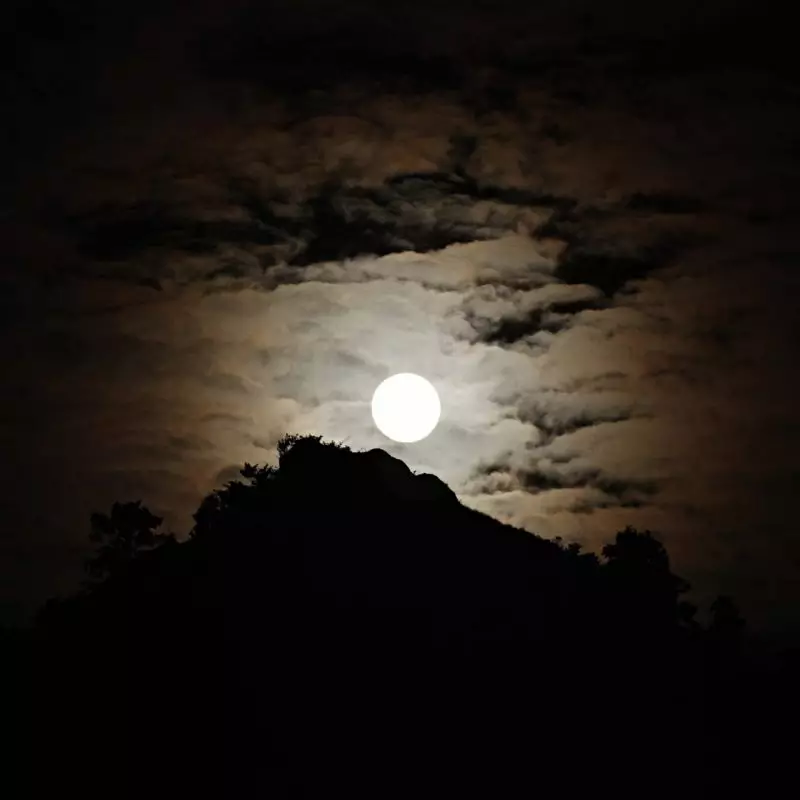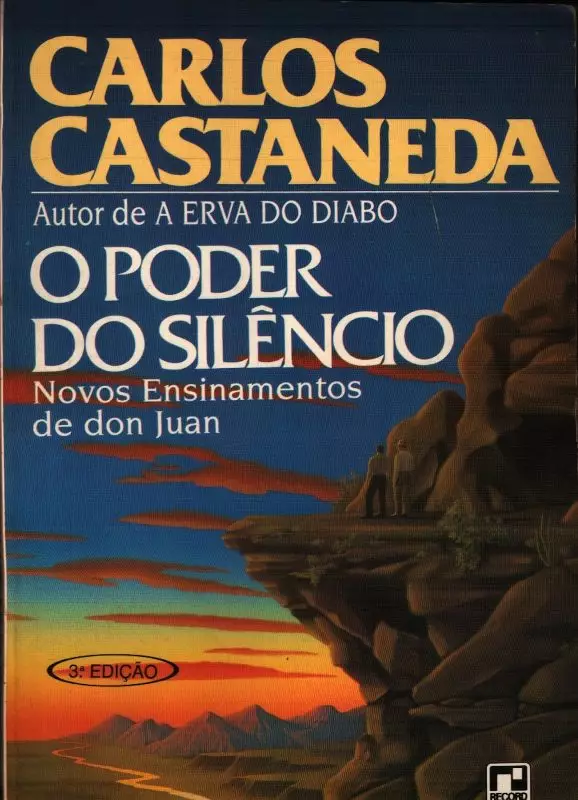The third premise of the warriors’ way is: PERCEPTION MUST BE INTENDED IN ITS COMPLETENESS. Don Juan said that perception is perception, and that it is void of goodness or evil. He presented this premise as one of the most important components of the warriors’ way, the essential arrangement that all sorcerers have to yield to. He argued that since the basic premise of the warriors’ way is that we are perceivers, whatever we perceive has to be catalogued as perception per se, without inflicting any value on it, positive or negative.
My natural inclination was to insist that good and evil had to be inherent conditions of the universe; they had to be essences, not attributes. Whenever I presented my arguments to him, which were unwitting counterstatements, he would point out that my arguments lacked scope, that they were dictated merely by the whims of my intellect and by my affiliation to certain syntactical arrangements.
“Yours are only words,” he used to say, “words arranged in a pleasing order; an order that conforms to the views of your time. What I give you are not merely words, but precise references from my book of navigation.”
The first time he mentioned his book of navigation, I was very taken with what I thought was a metaphor, and I wanted to know more about it. Everything don Juan said to me, in those days, I took as a metaphor. I found his metaphors extremely poetic and never missed an opportunity to comment on them.
“A book of navigation! What a beautiful metaphor, don Juan,” I said to him on that occasion.
“Metaphor, my eye!” he said. “A sorcerer’s book of navigation is not like any of your arrangements of words.”
“What is it then, don Juan?”
“It is a log. It is a record of all the things sorcerers perceive on their journeys to infinity.”
“Is it a record of what all the sorcerers of your lineage perceived, don Juan?”
“Of course! What else can it be?”
“Do you keep it in your memory alone?”
When I asked that question, I was thinking, naturally, about oral history, or the ability of people to keep accounts in the form of stories, especially people who lived in times prior to written language, or people who live on the margins of civilization in modern times. In don Juan’s case, I thought that a record of that nature had to be of monumental length.
Don Juan seemed to be aware of my reasoning. He chuckled before he answered me. “It is not an encyclopedia!” he said. “It is a log that is precise and short. I will acquaint you with all its points, and you will see that there is little that you or anyone else could add, if anything at all.”
“I cannot conceive how it could be short, don Juan, if it is the accumulation of the knowledge of all your lineage,” I insisted.
“In infinity, sorcerers find few essential points. The permutations of those essential points are infinite, but as I hope you will find out someday, those permutations are not important. Energy is extremely precise.”
“But how can sorcerers differentiate the permutations from the essential points, don Juan?”
“Sorcerers don’t focus on the permutations. By the time they are ready to travel into infinity, they are also ready to perceive energy as it flows in the universe, and more important than anything else yet, they are capable of reinterpreting the flow of energy without the intervention of the mind.”
When don Juan voiced, for the first time, the possibility of interpreting sensory data without the aid of the mind, I found it impossible to conceive. Don Juan was definitely aware of my train of thought.
“You are trying to understand all this in terms of your reason,” he said, “and that’s an impossible task. Accept the simple premise that perception is perception, void of complexities and contradictions. The book of navigation I am telling you about consists of what sorcerers perceive when they are in a state of total internal silence.”
“What sorcerers perceive in a state of total silence is seeing, isn’t it?” I asked.
“No,” he said firmly, looking me right in the eyes. “Seeing is perceiving energy as it flows in the universe, and it certainly is the beginning of sorcery, but what sorcerers are concerned with to the point of exhaustion is perceiving. As I have already told you, perceiving, for a sorcerer, is interpreting the direct flow of energy without the influence of the mind. This is why the book of navigation is so sparse.”
Don Juan then outlined a complete sorcery scheme, even though I didn’t understand a word of it. It took me a lifetime to come around to handling what he said to me at that time:
“When one is free from the mind,” he said-something that was more than incomprehensible to me-“the interpretation of sensory data is no longer an affair taken for granted. One’s total body contributes to it; the body as a conglomerate of energy fields. The most important part of this interpretation is the contribution of the energy body, the body’s twin in terms of energy; an energy configuration that is the mirror image of the body as a luminous sphere. The interplay between the two bodies results in interpretation which cannot be good or bad, right or wrong, but an indivisible unit that has value only for those who journey into infinity.”
“Why couldn’t it have value in our daily life, don Juan?” I asked.
“Because when the two sides of man, his body and his energy body, are joined together, the miracle of freedom happens. Sorcerers say that at that moment, we realize that for reasons extraneous to us, we have been detained in our journey of awareness. This interrupted journey begins again at that moment of joining.
“An essential premise of the warriors’ way is, therefore, that perception ought to be intended in its completeness; that is to say, the reinterpretation of direct energy as it flows in the universe must be made by man in possession of his two essential parts: body and energy body. This reinterpretation, for sorcerers, is completeness and, as you will understand someday, it must be intended.”
(Carlos Castaneda, Journal of Applied Hermeneutics)

